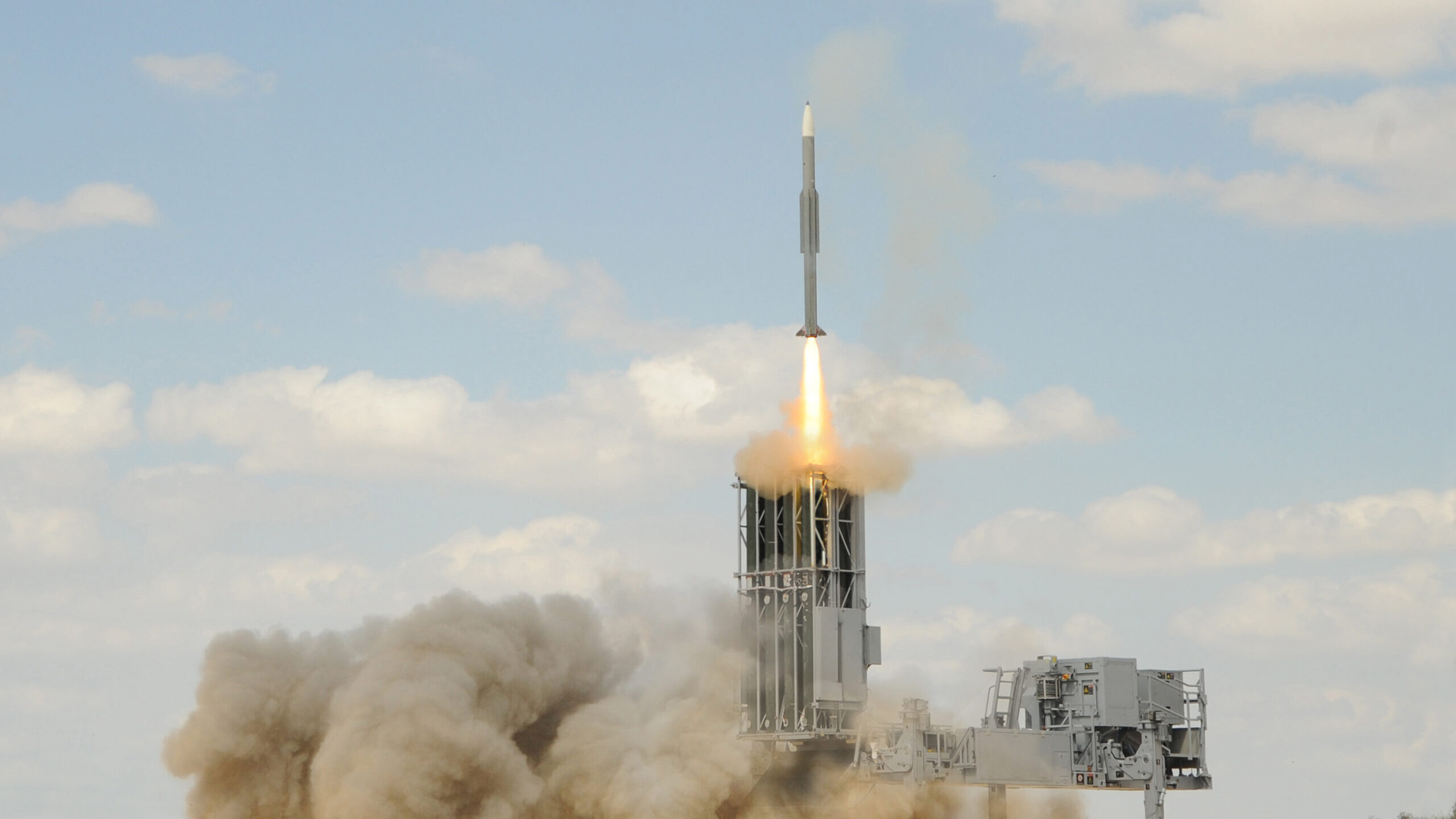The Danish Ministry of Defence announced it will not proceed with the acquisition of the Israeli-made Barak MX Integrated Air and Missile Defense (IAMD) system. This decision follows a recommendation from the Defence Command to explore alternative initiatives that promise greater immediate combat power. Danish Defence Minister Troels Lund Poulsen confirmed the decision in a statement, emphasizing a commitment to procure the most suitable capabilities for rapid and effective military development.
The Defence Command’s recommendation highlighted that resources earmarked for the Barak MX should be allocated to other projects that can provide quicker enhancements to Denmark’s air defense capabilities. The Command noted the pressing need for effective ground-based air defense systems in light of evolving security challenges.
Earlier this month, a report by DR, Denmark’s public broadcaster, revealed that Israel’s offer for the Barak system included a “soft kill solution against drones.” This capability is currently lacking in Denmark’s existing systems, underscoring the urgency of acquiring new technologies to counter emerging threats. There is no information available yet regarding which alternative systems might replace the Barak MX, as the Danish Ministry of Defence has not responded to requests for comment.
The Barak system, produced by Israel Aerospace Industries (IAI), is designed to integrate various interceptors with a range of up to 150 kilometers (approximately 93.2 miles). It is capable of addressing a variety of threats, including drones, fighter jets, helicopters, and tactical ballistic missiles.
Copenhagen’s decision comes at a time when the need for robust counter-drone capabilities is increasingly critical. A series of drone sightings over Danish airports and a rise in drone incursions linked to Russian activities in Europe have raised concerns. Following a drone incident in September that temporarily closed Copenhagen Airport, Danish Prime Minister Mette Frederiksen stated that she could not dismiss the possibility of Russian involvement.
In response to the evolving threat landscape, Denmark is in the early stages of a significant air defense modernization effort. In September 2024, the country committed to investing approximately 58 billion krone (around $9.1 billion) to enhance its air defense capabilities, which includes acquiring eight long- and medium-range systems, notably the French-Italian SAMP/T platform.
While Slovakia recently placed a €560 million (approximately $583 million) order for the Barak system in December 2024, Denmark’s strategic shift highlights a different approach to enhancing national security. The focus now appears to be on ensuring that the military can respond swiftly to immediate threats, particularly in the context of drone warfare, which has emerged as a significant concern in contemporary defense strategies.
As Denmark continues to evaluate its defense needs, it remains to be seen which systems will ultimately be selected to bolster its air defense capabilities in the face of growing security challenges.
